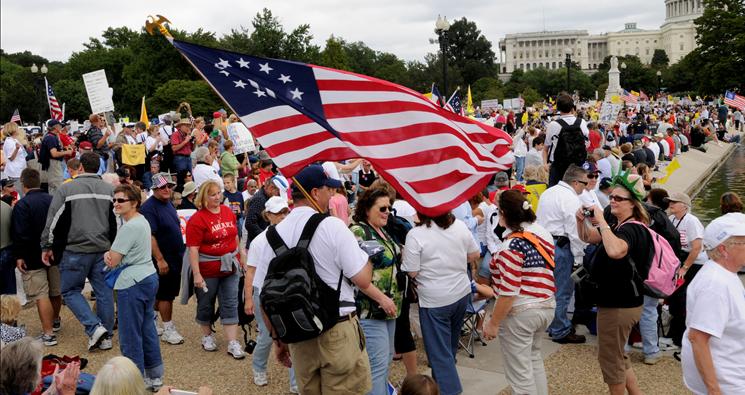Why You Should Sign ACLJ Petitions
If you look at our ACLJ website, you’ll see that our petitions can garner hundreds of thousands of signatures. As more and more of our fellow citizens sign, and as the petitions gain ever-greater visibility, we’re often asked what we do with these petitions and how we make them effective.
The short answer is that by tying these petitions to the engine of ACLJ’s legal advocacy, we can turn them into incredibly effective tools for real-world change. Here’s how:
First, we can directly and immediately alert individual members of Congress and other government officials of the size and scope of the public support for our initiatives. Unlike, say, White House petitions – which at best generate a response from low-level staffers – our most successful petitions have generated direct White House, State Department, and congressional responses at the highest level. For example, our petition to get the White House and State Department to directly engage on behalf of a previously-unknown American pastor imprisoned in Iran not only helped generate statements and calls for the pastor’s release from the highest levels of the White House and State Department, it also helped generate multiple congressional calls for his release, including letters signed by 49 Senators and Representatives.
Second, we alert members of the media and can help drive national news stories as petition signatures grow. For example, when our petition to stop funding and arming Egypt’s radical Muslim Brotherhood-led government gained more than 150,000 signatures, Fox News ran a story highlighting the building pressure, pointing out the number of signers, and quoting Jordan Sekulow. After that story ran, the pressure continued to build and signatures topped 220,000. As of the time I write this post, there’s a congressional hold on future Egyptian funding, and Senator Rand Paul of Kentucky has introduced a bill banning future arms sales to Egypt.
Third, petitions not only influence foreign governments, they can provide aid and comfort to persecuted Christians abroad. ACLJ has launched massive petition drives and social media campaigns on behalf of two persecuted pastors in Iran – Pastor Youcef, an Iranian pastor condemned to death for apostasy, and Pastor Saeed, the American pastor sentenced to eight years in one of Iran’s most brutal prisons merely because of his faith. Your voice helped free Pastor Youcef, and your support comforts Pastor Saeed as we continue to campaign for his release. In addition, we know from direct communications in Iran, the Iranian government was aware of American concerns and was directly influenced by the level of public awareness.
Fourth, you can directly participate in the most critical court battles of our time. On occasion we ask you to join “committees” instead of petitions. These committees are represented in briefs to the Supreme Court and to federal courts at all levels. Collectively, hundreds of thousands of Americans have weighed in on Obamacare, the HHS abortion-pill mandate, and on many other cases dealing with vital issues of constitutional law.
Finally, by signing a petition, you become part of the ACLJ community and will be kept updated on our cases, our public advocacy, and can respond immediately to future petition requests. By signing petitions immediately, we can build pressure faster and get government officials engaged sooner.
Simply put, ACLJ petitions aren’t merely names on a page but powerful tools used with governments, the media, and courts to focus attention on injustice and create real-world change. The track record is clear: by signing an ACLJ petition you are not only taking an action that matters but also joining perhaps the most dynamic community of engaged citizens on the web.
Your voice does make a difference.
